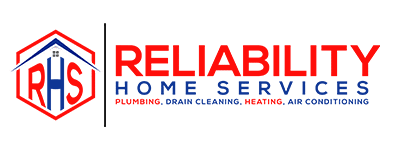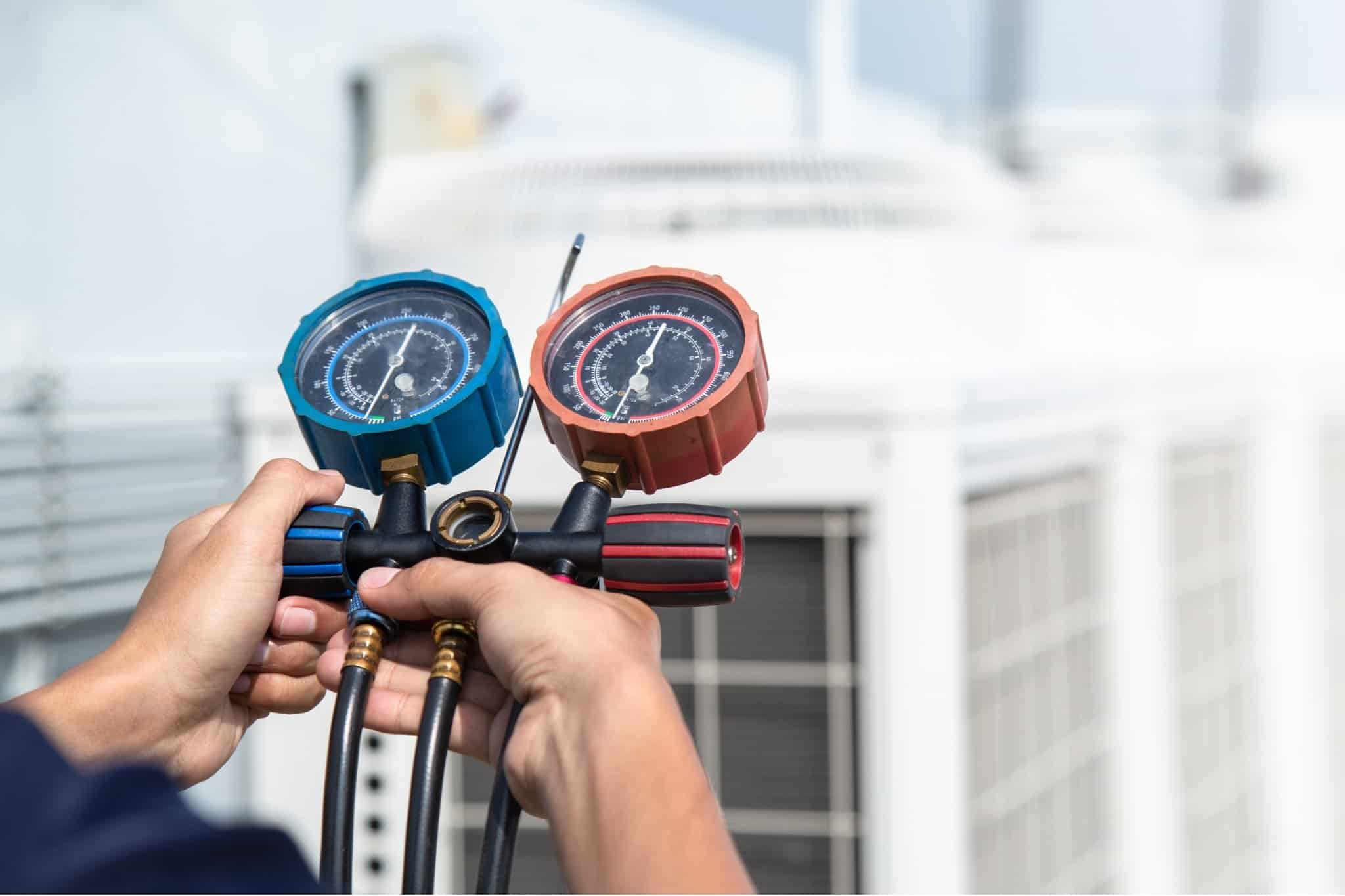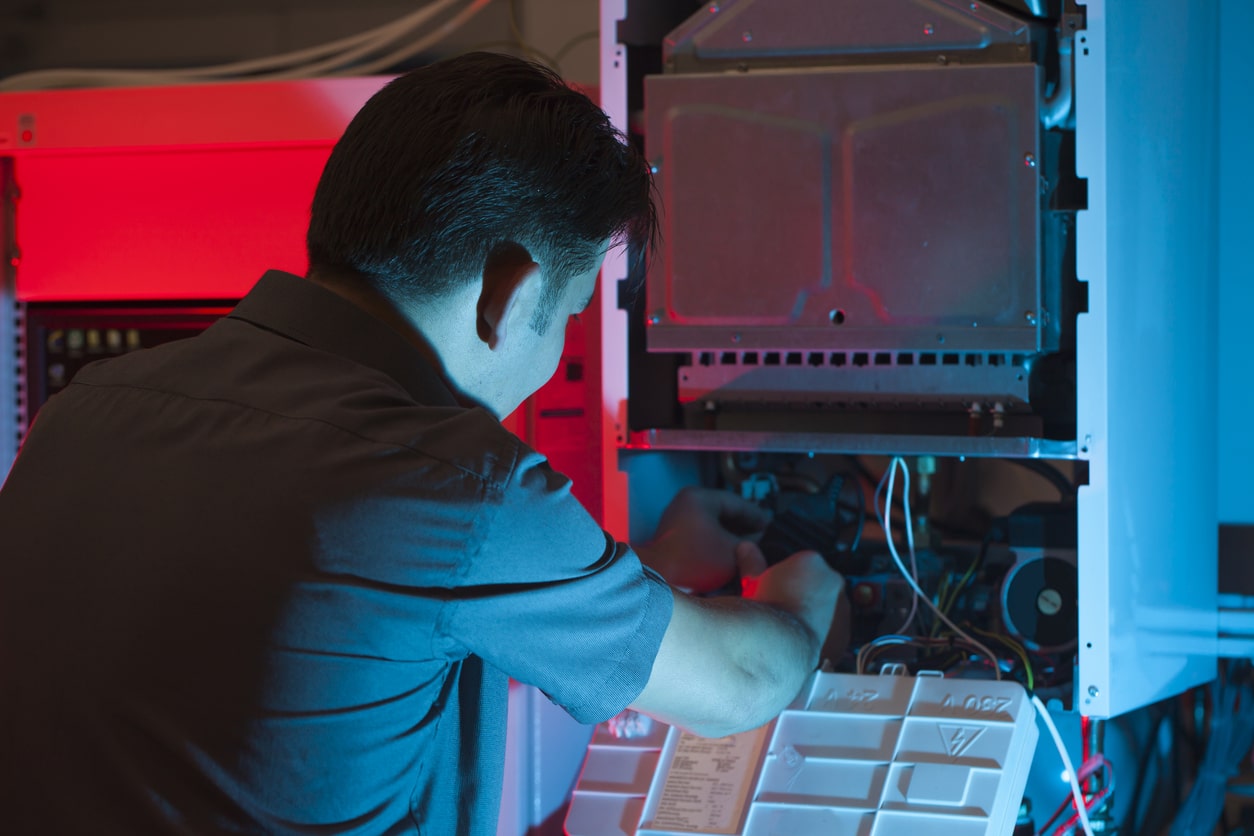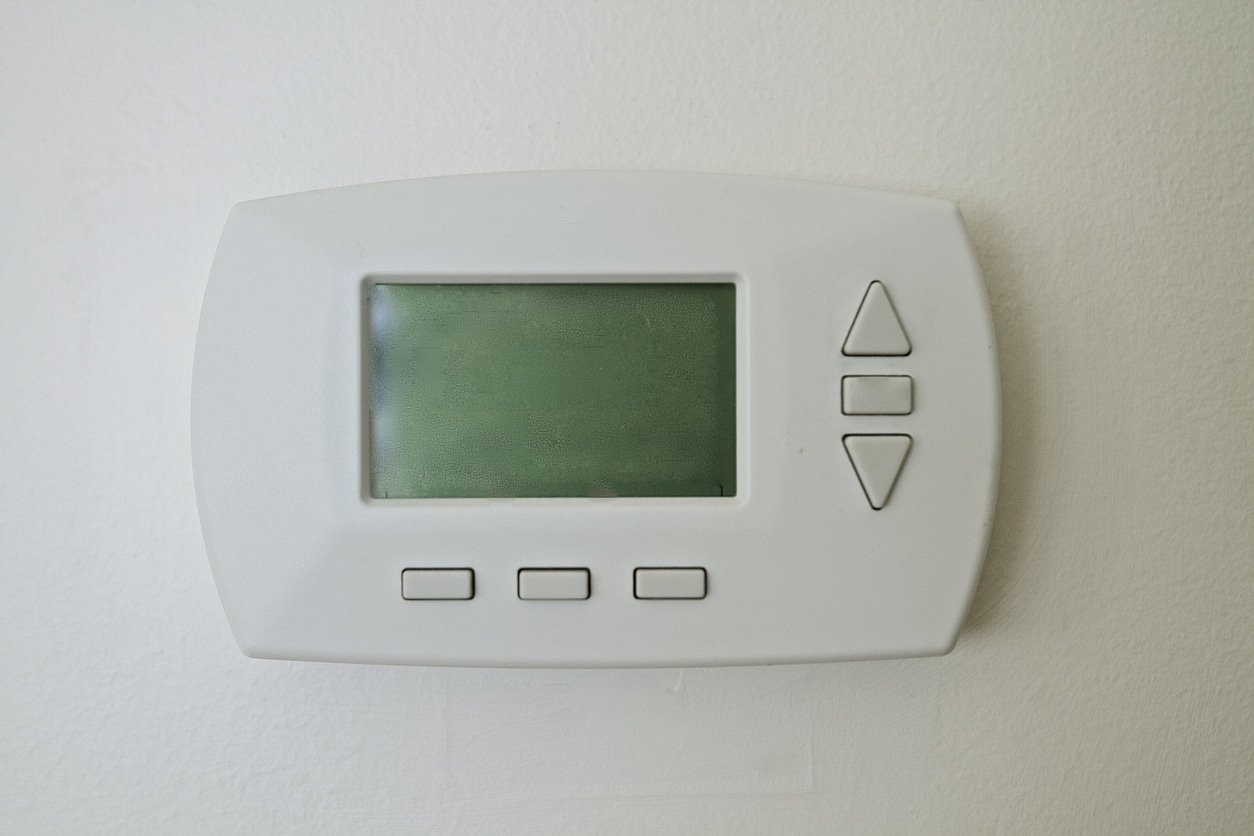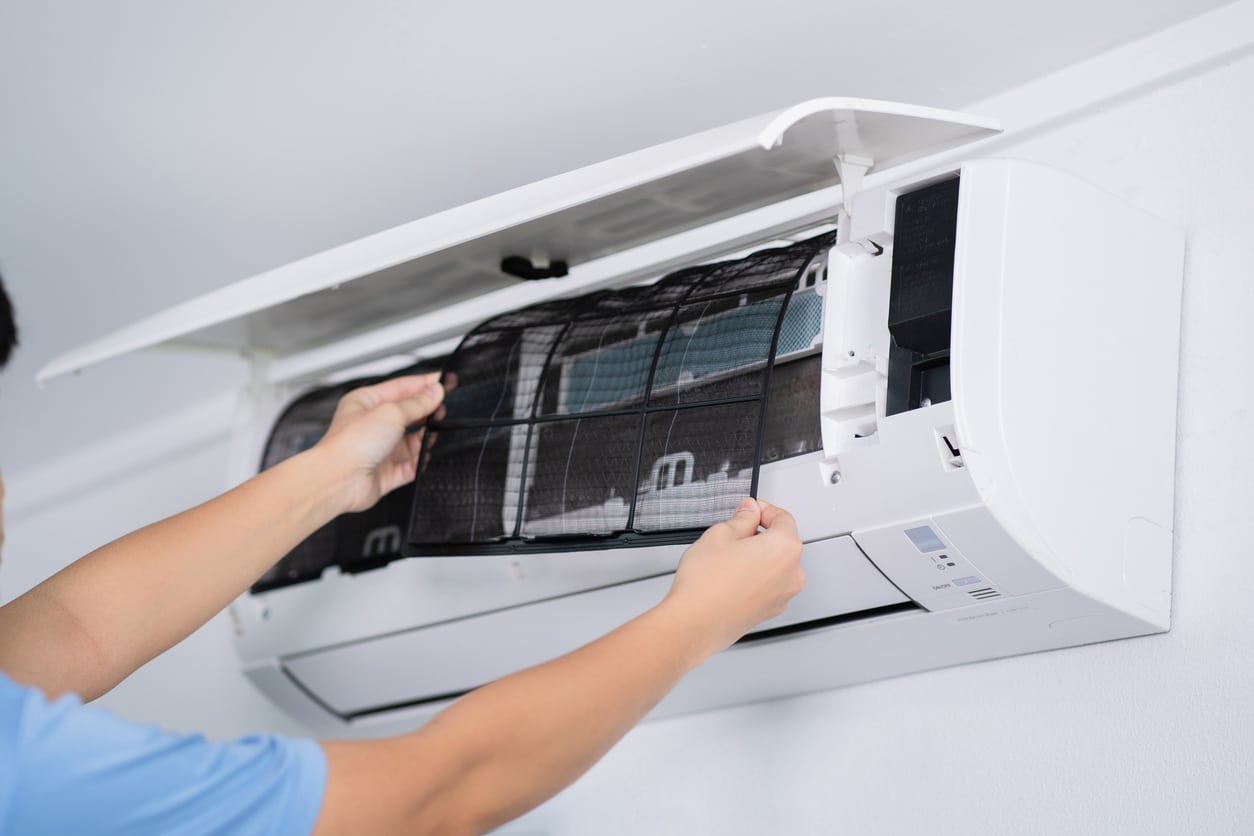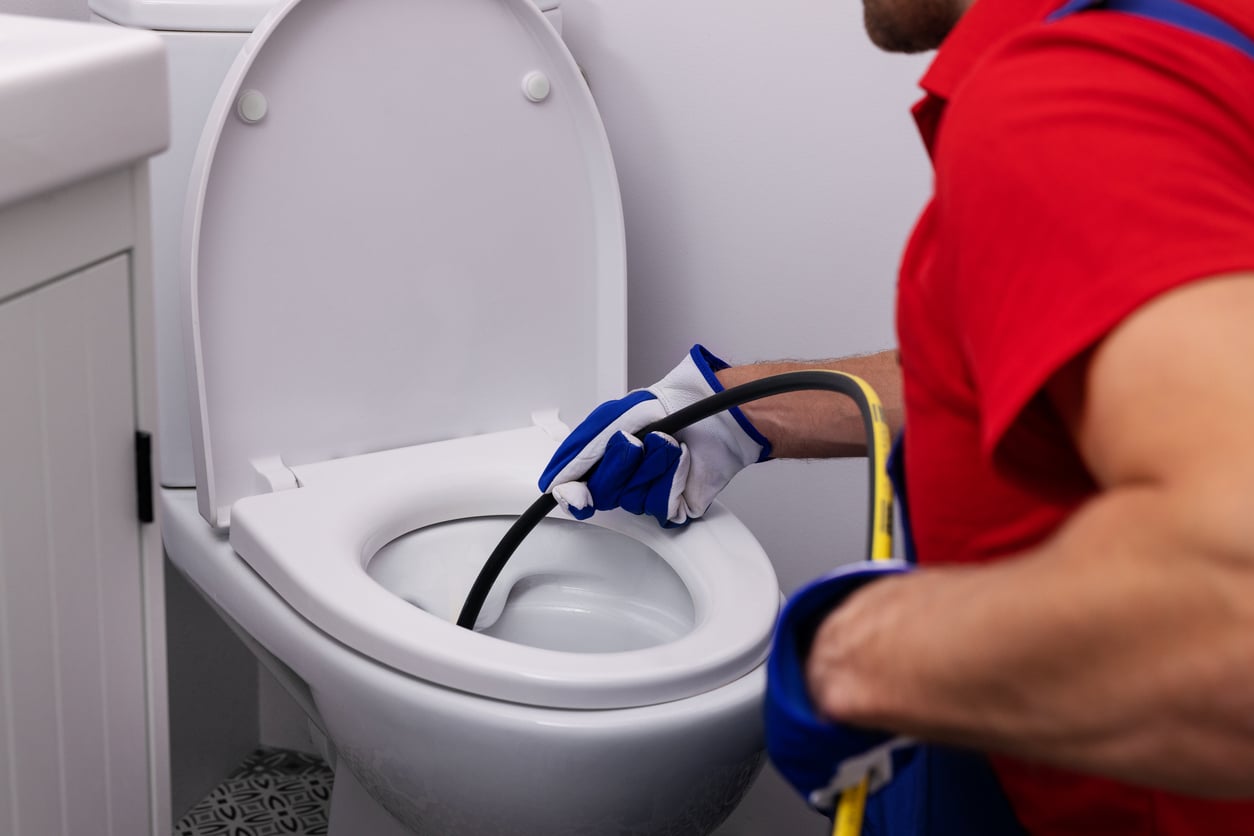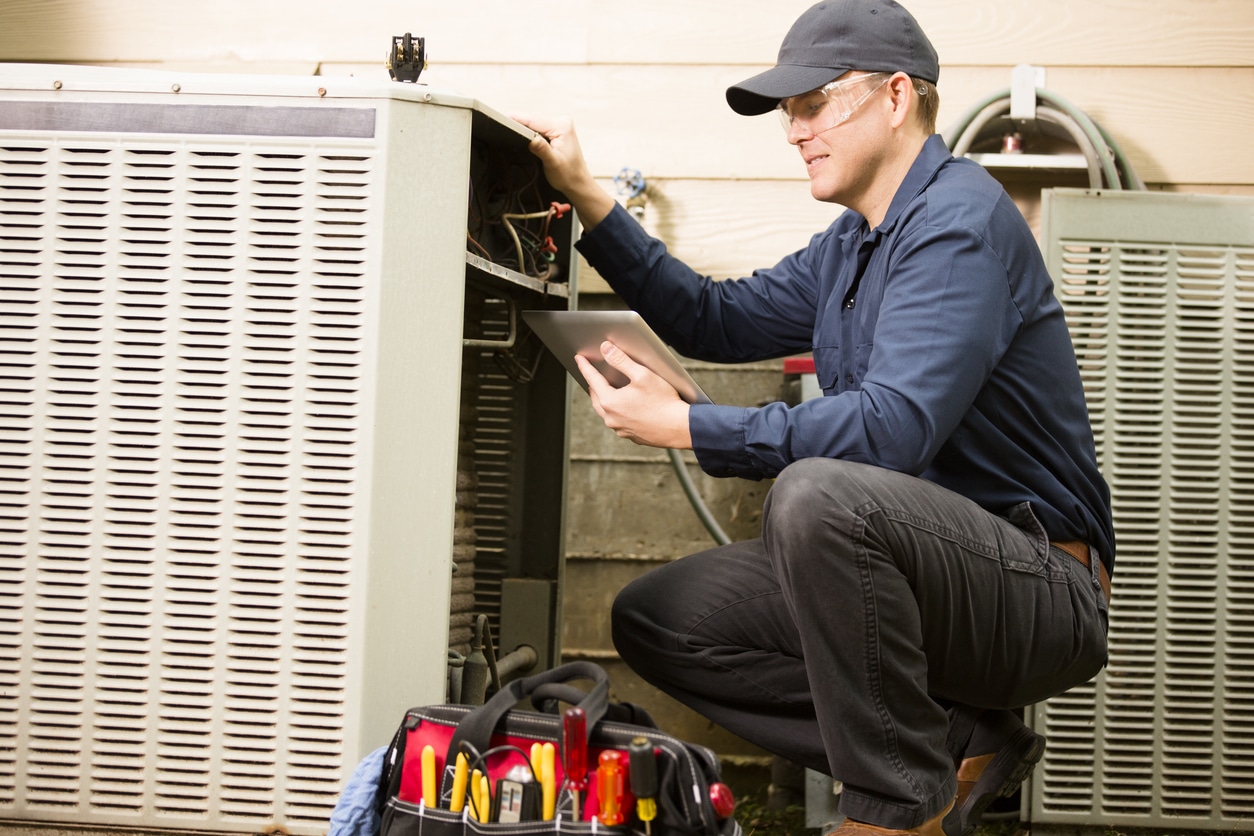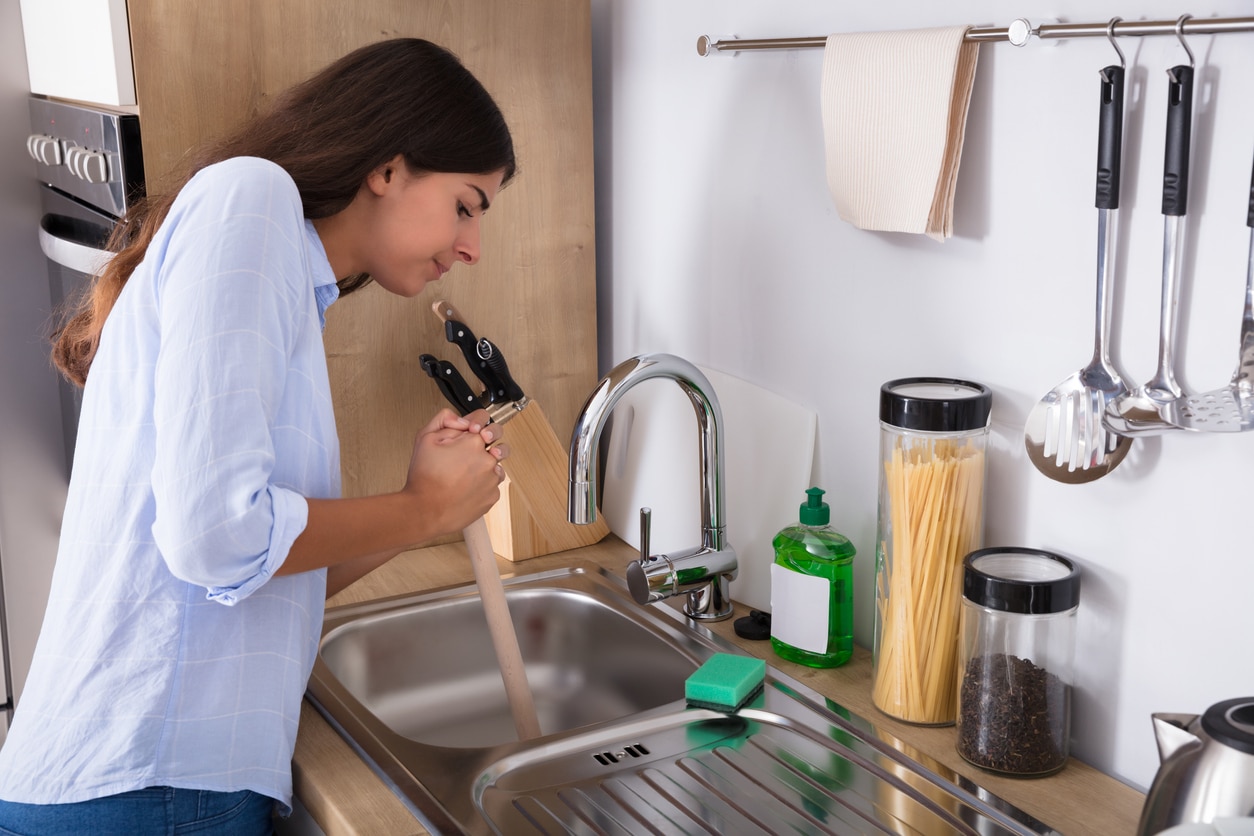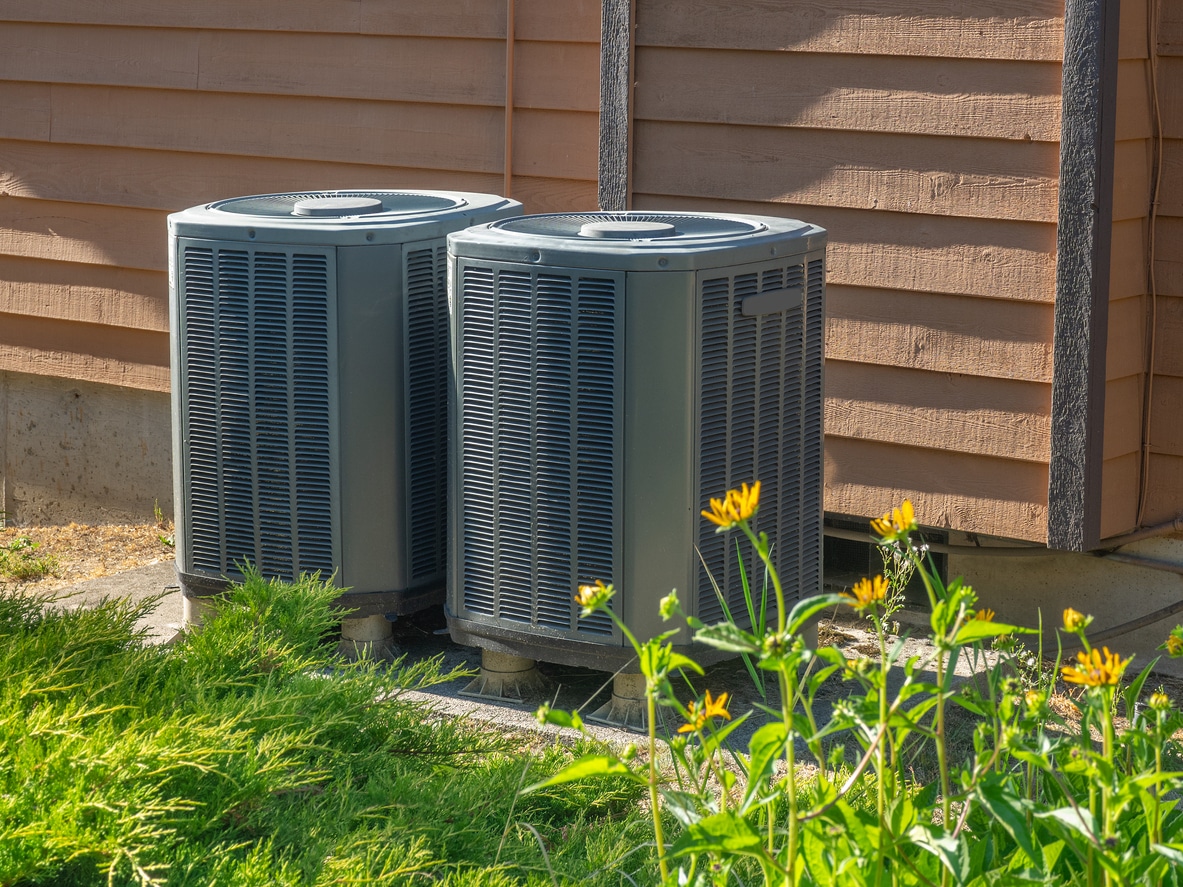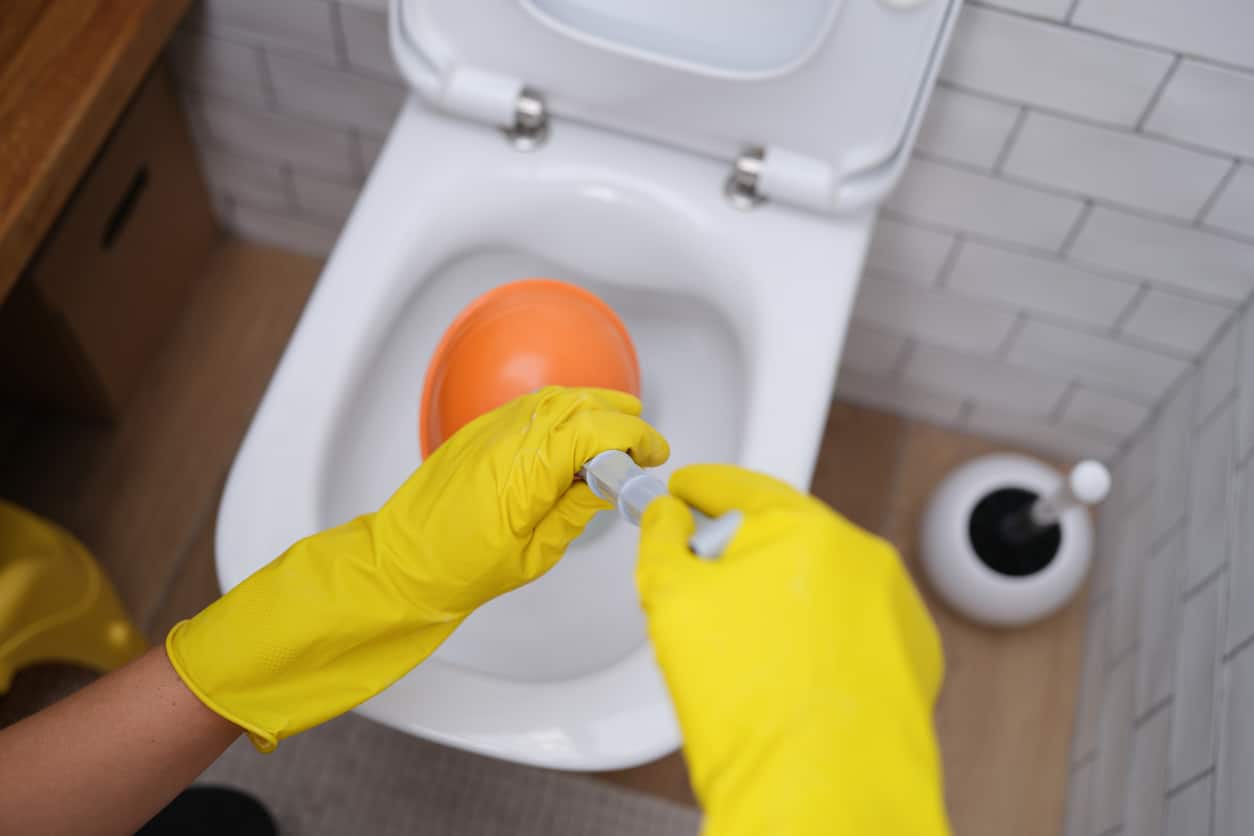It’s important to ensure your HVAC system is ready to deal with severe weather to avoid significant damage. High winds can cause branches, rocks, and other debris to crash into your unit and when the climate suddenly becomes cold pipes and coils can freeze and crack. Storms are inevitable, but homeowners often forget to think of prepping their HVAC systems to survive the harsh weather. Storm season comes every year between May and November. Here are some tips on preparing for storms and keeping your system safe from damage during bad weather to save your pockets and your HVAC system. These tips will help you protect your unit so you can stay cool this Summer, no matter what storms hit your area.
1. Prepare for an Emergency First
If the storm will be in your area in the next few hours there are some last minute emergency preparations that you should consider to keep your home and family safe. - Be sure to fill your house with as much warm or cool air as before the storm because if you lose power, you can preserve a comfortable temperature in your home. This extra air can be beneficial during a storm until the power returns.
- Unplug window units and move them indoors immediately and be sure to seal windows before the storm arrives. Avoid leaving any weak areas that allow the storm to surge into your home.
- Turn off your HVAC system before a major storm hits, especially if you don’t have a surge protector.
- Prepare your household with basic emergency essentials to keep you and your family safe. Consider gallons of clean water, first aid kits, towels, and flashlights. If possible, a backup generator is your best bet for keeping your power on.
2. Clear the Outdoor Area
During thunderstorms, high winds can blow objects into your condenser (the unit that sits outside your home), potentially damaging the exterior or causing serious damage to the unit. Move heavy objects around your yard like furniture, potted plants, bikes, etc. –inside your garage or shed.You’ll also want to remove any items, like garden tools or yard furniture, that are near your HVAC system. These articles won’t get blown into it when a storm comes through. You should also try any limbs that hang over the HVAC unit.3. Shut Off the HVAC System
If you know that your area will have severe weather soon, consider turning the HVAC off until it has passed. Some adverse weather can cause power surges that confuse the HVAC and make it turn on and off quickly. Quick shutoff can damage the device because this constant on and off can burn the circuits.Many people don’t think about turning off the HVAC before a storm, but it’s a great way to prevent damage to your unit. Remember to shut it down before any dangerous storms arrive to prevent unnecessary repair costs.4. Secure the Outdoor Unit
Sometimes wind can blow your HVAC unit off the ground. Ensure it’s secured to the ground on a concrete base or an outdoor wall. You can attach the unit to a concrete pad with hurricane straps to protect your condenser from high winds.Air conditioner covers keep your condenser, safe in the winter but can also protect your outdoor equipment from storms. To protect the unit, you can also use a heavy-duty cover during heavy rainstorms, high winds, and hail. You cannot use your air conditioner while the cover is on, so turn off your air conditioner before placing the cover and remove it before turning the unit back on.You can also wrap your unit in a tarp to protect the system from falling rocks, limbs, and other debris that might cause damage to its exterior. The tarp also keeps debris out of the inner mechanizations of the outdoor unit. Tie the tarp to the device; you risk it flying away.Covering your HVAC system with a tarp or any wooden material will act as a shield and create the ultimate protection from harmful debris. Many unknown substances can harm your HVAC unit without you being aware during these storms, so preparing is important. 5. Conduct Routine Maintenance
Here at Reliability, we provide full inspection services on HVAC units. Is it working properly, and is it maximizing the energy spent? An inspection will determine if your system can handle rising temperatures or unpleasant weather.Neglected air conditioners can be seriously damaged, as existing problems can worsen during severe weather. For example, if you have restricted airflow around your condenser due to dirt and debris, additional debris blown onto the unit will restrict that airflow, causing damage to the internal components.If the unit leaks, high winds and impacts from objects can worsen that leak. Find Reliable HVAC Maintenance in Stewartstown, MD
For the ultimate backup, a surge protector senses voltage increases and will turn your HVAC system automatically. Surge protectors can be very helpful if you don’t realize there are power surges.Lightning during a storm can be catastrophic to an HVAC unit or any electronic device, for that matter. Surge protectors will protect your HVAC unit from being struck by lightning and destroyed. The power of strikes is unpredictable, and you should assume that any surge could be the one that knocks out your air conditioning.The more intense power surges can cause immediate failure to the unit, while others can slowly deteriorate over time. Imagine how often your HVAC system gets damaged when there is an uneven power supply to your unit. An uneven power supply will damage the inner mechanics and the whole unit. Once you install a surge protector, it takes the hit, so your AC doesn’t! Protect your investment and comfort; purchase a certified surge protector with Reliability.We know you want to ensure your HVAC is ready for extreme weather. Reliability can help by conducting inspections, installing surge protectors, and offering helpful advice to protect your HVAC system.At Reliability Heating & Air, we specialize in HVAC Repair and Replacement; contact us today for a consultation about your HVAC needs. We’ll evaluate your current system and make recommendations for optimum usage. Maintaining your HVAC system during harsh weather can make a significant difference in keeping your system in good condition. Keep your HVAC systems safe from storm damage and call Reliability or make an appointment with us online by clicking here.